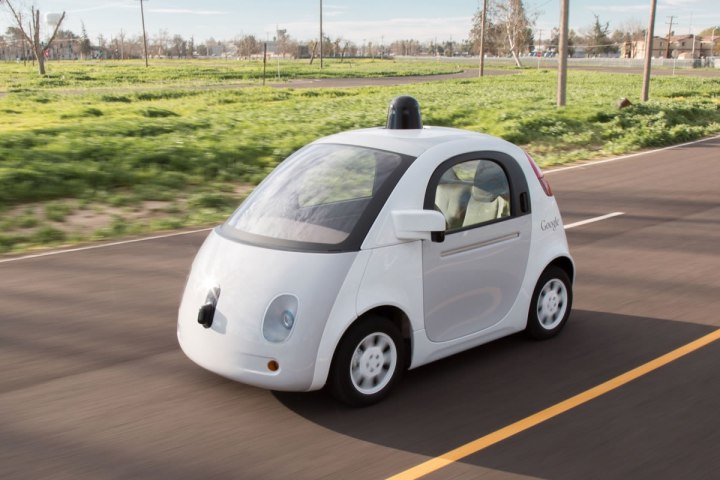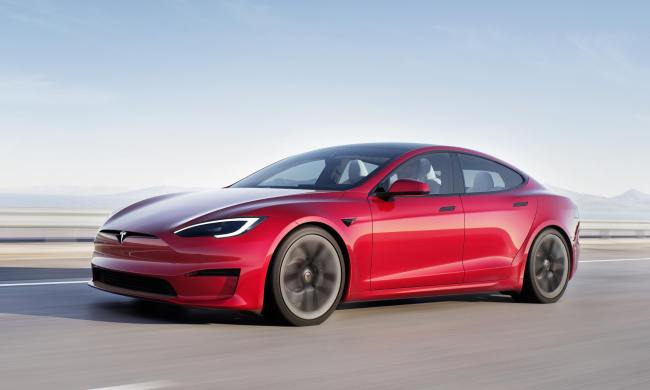
Citing sources familiar with the plans, Yahoo reported that the two companies will announce a joint venture at the Consumer Electronics Show in January. If announced, it will be the first commercial self-driving partnership for Alphabet, the parent company in charge of the project.
Ford started testing its own system last month, but might be scrapping that for Google’s own self-driving platform, at least initially. Google has clocked in 1.3 million miles with its self-driving vehicles, testing the vehicles in California and Texas for the past two years, and has improved the system to recognize all sorts of things on the road.
Alan Hall, communication manager for Ford, confirmed to Digital Trends that the carmaker is in talks with a wide range of businesses, but declined to specifically cite Google.
“We have been and will continue working with many companies and discussing a variety of subjects related to our Ford Smart Mobility plan. We keep these discussions private for obvious competitive reasons, and we do not comment on speculation,” Hall said.
Not much is known about future collaborations, but Alphabet will apparently cover all liability concerns. That means that if someone is injured in an accident involving Ford’s self-driving vehicle, it would fall on Alphabet to compensate or defend in court.
The joint venture is not exclusive, according to the report, and Alphabet is in talks with other automakers. Earlier in the year, Google co-founder Sergey Brin said it was looking for partners to use its self-driving system. Project director Chris Urmson gave similar comments last year, saying that the company doesn’t want to become a car maker.
Software licensing is apparently the route Google wants to take in the self-driving industry, rather than building cars. However, there are also rumors that Google will launch a fleet of self-driving taxis to compete in the private car-for-hire market — it is unclear if that fleet will be built by Google.
Google’s mobile rival Apple is also planning to get into the automotive business, according to multiple reports. Instead of licensing the software — which it does with CarPlay — Apple will supposedly build the car and the self-driving system.
Alphabet recently created a new division for the self-driving car. The division is valued at $8 billion, according to research firm Pacific Crest.


